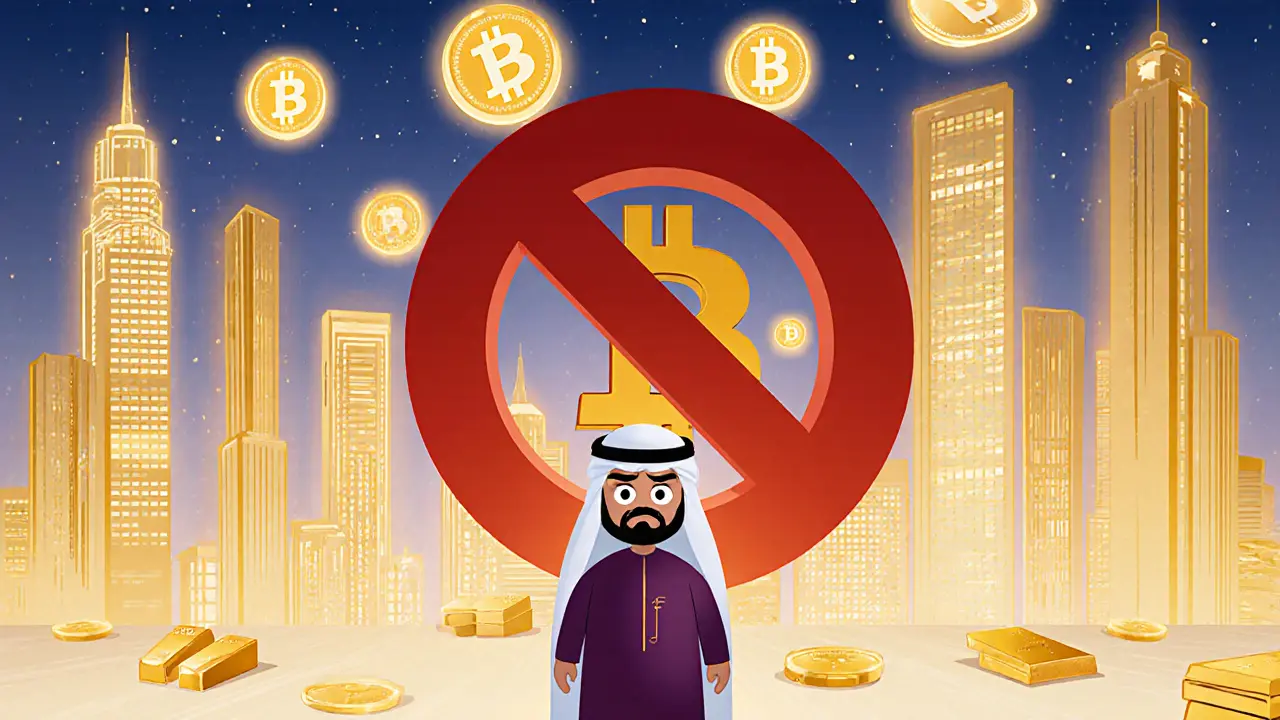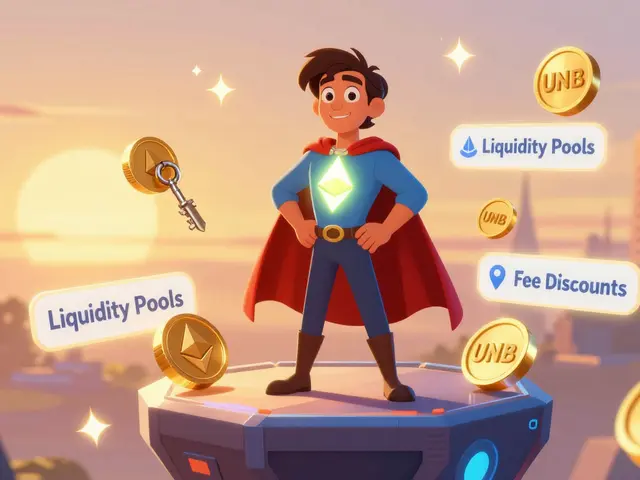Qatar bans Bitcoin and other cryptocurrencies but allows tokenized real estate and assets under strict regulations. Learn what’s legal, what’s not, and how to invest safely in 2025.
Crypto Laws in Qatar: What You Can and Can't Do with Bitcoin and Ethereum
When it comes to crypto laws in Qatar, the regulatory stance is clear: no official ban, but no legal recognition either. Also known as cryptocurrency regulation Qatar, this gray zone means you won’t go to jail for holding Bitcoin, but you also can’t use it to pay for rent, groceries, or even a coffee at Starbucks. The Qatar Central Bank doesn’t recognize any cryptocurrency as legal tender. That’s not because they hate tech—it’s because they’re protecting their financial system from volatility, anonymity, and uncontrolled flows of money.
That doesn’t mean people aren’t using crypto. Many Qatar residents trade on international exchanges, store Bitcoin in hardware wallets, or stake Ethereum through DeFi platforms. But if you try to cash out through a local bank, you’ll likely get flagged. Banks in Qatar treat crypto transactions like suspicious activity—same as wire transfers from high-risk countries. And if you’re running a crypto business? Forget a license. The government hasn’t created one. No exchange, no wallet provider, no DeFi project can legally operate inside Qatar’s borders.
This is where Bitcoin Qatar, a digital asset with global liquidity but zero local infrastructure. Also known as cryptocurrency in Qatar, it exists in a vacuum—used by expats, traders, and investors who understand the risks but don’t care to wait for regulation. Meanwhile, Ethereum Qatar, the backbone of smart contracts and DeFi, faces the same silence. Also known as blockchain regulation Qatar, it’s ignored by official policy but quietly embraced by tech-savvy locals who use it for cross-border payments or NFT collecting. The government’s focus is on its own digital currency, the e-Qatari Riyal, and on attracting traditional finance firms—not crypto startups.
So what’s the real story? You can own crypto. You can trade it. You can even send it abroad. But if you try to turn it into cash locally, you’re on your own. No consumer protection. No tax guidance. No recourse if an exchange freezes your funds. That’s why most people in Qatar who use crypto treat it like a high-risk investment—not a payment tool. They don’t expect it to be safe. They just expect it to be profitable.
Below, you’ll find real breakdowns of crypto projects, airdrops, and exchanges that people in Qatar are actually using—despite the lack of legal support. Some are scams. Some are dead. A few are quietly thriving in the shadows. We’ll show you which ones are worth your time, which ones to avoid, and how to stay out of trouble while navigating crypto in a country that refuses to acknowledge it exists.





